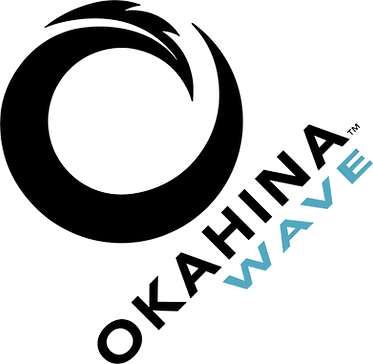Marc-Antoine GUET journalist of the magazine Surf Session carried out a long and complete investigation on the emerging phenomenon of surf pools. He also talks about the Okahina Wave alternative, a floating atoll that creates the first wave of ecological surfing.
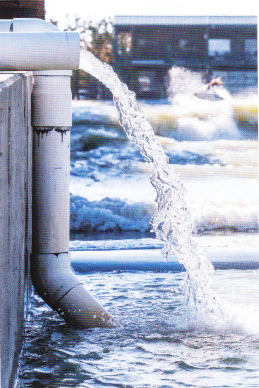
EXTRACTS
“WHAT ABOUT THE ENVIRONMENT IN ALL THIS? “
This is the question posed by Marc-Antoine GUET. Surf Session …… Because that’s the most important thing today. Before thinking about winning medals or business, we should perhaps refocus on the essentials, our planet : “At a time when water is scarce, we are entitled to ask ourselves the interest of such a development. The concreteisation and artificialisation of certain agricultural land as well as the energy resources necessary to make them work, and this in a context of climatic emergency, appear as nonsense in the smooth running of the world”. Words come from Damien Castera, surfer, adventurer and member of the Société des Explorateurs Français.
And the problematic indeed deserves attention. Excessive concreting of natural areas, waterproofing of soils over several hectares, clear cutting of forests, destruction of agricultural land, pumping of water resources to supply these artificial concrete basins (moreover with the public water network drinking) and large energy consumption are difficult for environmental opponents to accept. That’s what tells us Steven Lebel, surfer, trained forest technician and founder of Synapse Crew Europe, a Breton association of surfers who campaign for the protection of the environment –
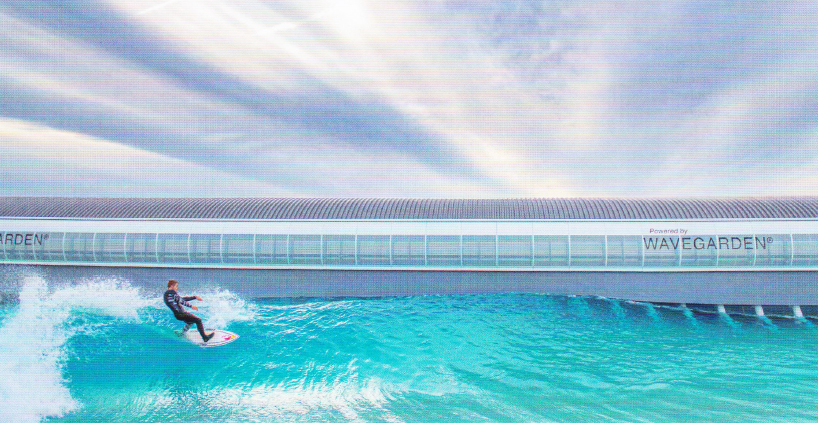
“We have built our work on the arguments between surfing, ecology, associative solidarity and alternative solutions. We must create a dialogue with project leaders and elected officials to understand the issues. We are ocean surfers and not wave pools, our love for the sea and nature comes first. What is clear is that we will never trade the environment for sport. Preserving nature will always come first.
There is the problem of agricultural land, concrete, but also drinking water to fill the sports area with the alluvial aquifers of the Loire as an origin. While in the middle of a drought, the flow of the river goes from 400 m3 per second to 90 m3 per second, and the planet burns under the flames for lack of water, that makes you think. Obviously, agricultural land should stay that way, like forest land. We do not understand the principle of going to cut trees as they want to do in Castets for example. Upstream, there should have been reforestation compensation of at least 200 hectares minimum. Not to mention the concrete in the floors. Our future depends on the decisions made today. All projects must be undertaken with a vision of the consequences in the medium and long terms of our actions. With the data we have today on the environment, we cannot afford these kinds of projects”.
Surf Session – And precisely, concerning these data, the least that one can say, it is that they are worrying. The wave pool of Castets for example, should consume a minimum of 230 millions liters of drinking water per year. This is the equivalent of the drinking water consumption of 1900 families, more than three times the number of inhabitants of the commune of Castets. But for environmentalists, there is another problem…. .
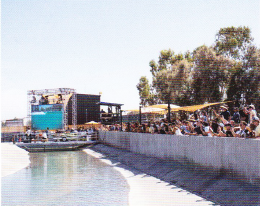
Surf Session refers to a conference given in Bordeaux by the Regional Scientific Committee on the challenges of water in New Aquitaine and which in turn raises the alarm signal. On the availability of water, scientists agree that the results of hydro-climatic expertise “converge on the diagnosis of a tension on the availability of surface water and groundwater in the New Aquitaine region under the ‘impact of the rise in temperatures (air and water), an increasing frequency of events, an uncertain variation in annual rainfall and an overall increase in evapotranspiration ”.
…. To put it simply, the situation is not at best and we are running out of water! Before clarifying that “significant consequences are to be expected on the satisfaction of uses …”. In other words, access to drinking water for all risks becoming problematic. As for soil moisture, scientists warn of a “decrease in soil moisture throughout the year” before adding that “today’s dry records would be average humidity at end of the century for the most pessimistic scenarios ”. And to conclude by recalling that “the average annual flow of large rivers will be sharply down at the end of the century”. Something to think about …..
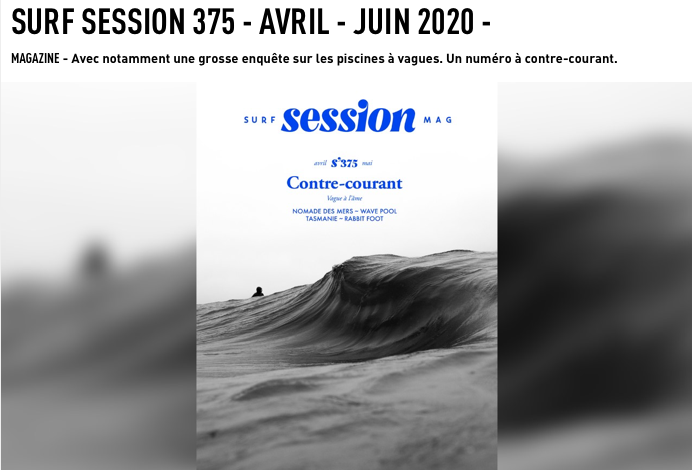
Find this 12-page survey in full (and in French) in the Surf Session magazine (of April-June 2020) available online at shop.surfsession.com
